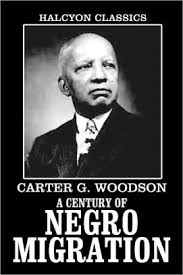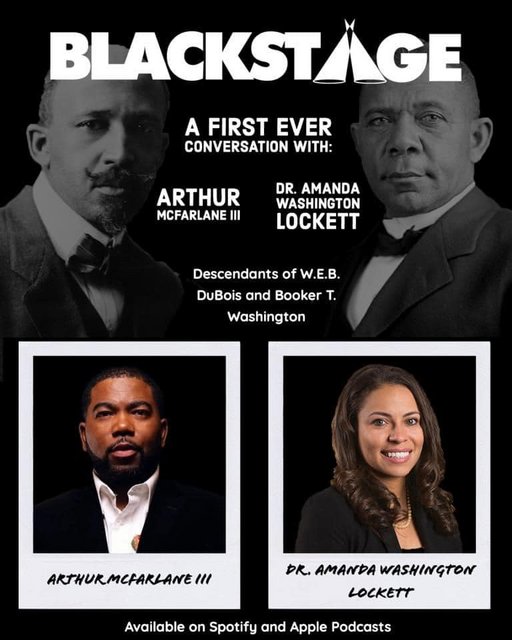JHC exaggerates a lot to get points across in my opinion. In another quote he talks about it being a "mistake" to have separate Black history departments (he was a pioneer for Black studies) since he believed true Black history (US and global) needs to be integrated and taught as a comprehensive part of history as a whole. He didn't want to really get rid of them but press a point home.
Good example.
Due to YT channels and people slicing excerpts of lectures into short segments, people can sometimes miss the context or intent of the speaker.
There was a recent thread here about The Boule where a guy went on a rant against mixed race people. He posted bits of a famous lecture by JHC to
justify his points.
I showed him a video clip of Clarke openly praising Adam Clayton Powell as the "
best politician that Black America has ever had".
Brother Darkness himself , Adam Clayton Powell.
He tried to play it off.He might as well have said "I didn't come here looking for trouble, I'm just here to the
Superbowl TLR Shuffle"
---------------------------------------------------------------------
Clarke's view about the true place for Black History is consistent with the scholar that he learned from.
More importantly, it's consistent with Carter G. Woodson's original intent for Negro History Week.
“This is the meaning of Negro History Week. It is not so much a Negro History Week as it is a History week. We should emphasize not Negro History, but the Negro in history. What we need is not a history of selected races or nations, but the history of the world void of national bias, race hate, and religious prejudice. There should be no indulgence in undue eulogy of the Negro. The case of the Negro is well taken care of when it is shown how he has influenced the development of civilization.”
—
Carter Godwin Woodson, “The Celebration of Negro History Week, 1927,” Journal of Negro History, April 1927




